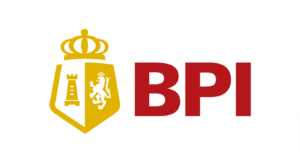MANILA -From agriculture to Airbnb, investment scammers are getting more creative in luring unwitting victims, forcing the Securities and Exchange Commission to ramp up efforts to warn the public.
More recently, the corporate watchdog issued advisories against four more firms that were engaged in the illegal solicitation of investments.
The firms were Golden Edge Marketing and Consumerism, Kozy.PH Management OPC, XOP Diamond Management OPC and Gen-Z Agriventures Inc.
“Some of these entities’ investment schemes or actions resemble a pyramid/Ponzi scheme, where investors earn through recruitment fees instead of the sale of actual products/services, and investors are paid using the contribution of new members, according to the SEC,” it said.
The scammers often mimic legitimate business operations to trick investors. For example, Cozy.PH pretends to be an operator of Airbnb units, which are rented out to guests like hotels and apartments.
The company requires an upfront investment of P100,0000 and promises monthly profits of at least P5,000 plus “10 free overnight stays” at any of its rooms.
Similarly, Gen-Z Agriventures is seeking investments for contract growing and commercial poultry farming while promising returns of up to 132 percent per year.
The SEC said the firms were registered but do no possess the necessary license to accept investments from the public.
“The Financial Products and Services Consumer Protection Act (FCPA) also prohibits investment fraud which is defined under the law as any form of deceptive solicitation of investments from the public which includes Ponzi schemes and such other schemes involving the promise or offer of profits or returns sourced from the investments or contributions made by the investors themselves and the offering or selling of investment schemes to the public without a license,” the corporate regulator warned.
Those found to be selling illegal investments may be held criminally liable under Section 28 of the Securities Regulation Code and Section 11 of the FCPA and can be separately penalized with a maximum fine of P5 million and imprisonment of 21 years, the SEC noted.


